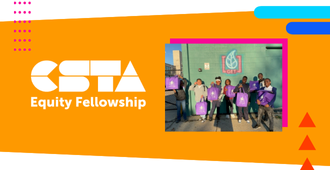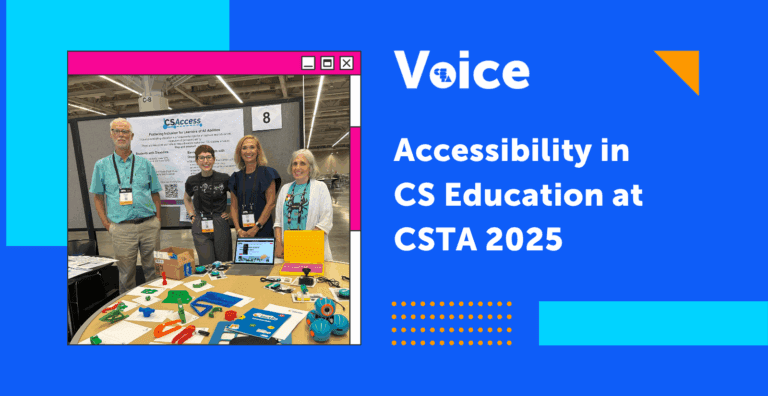By: Chala Hannon
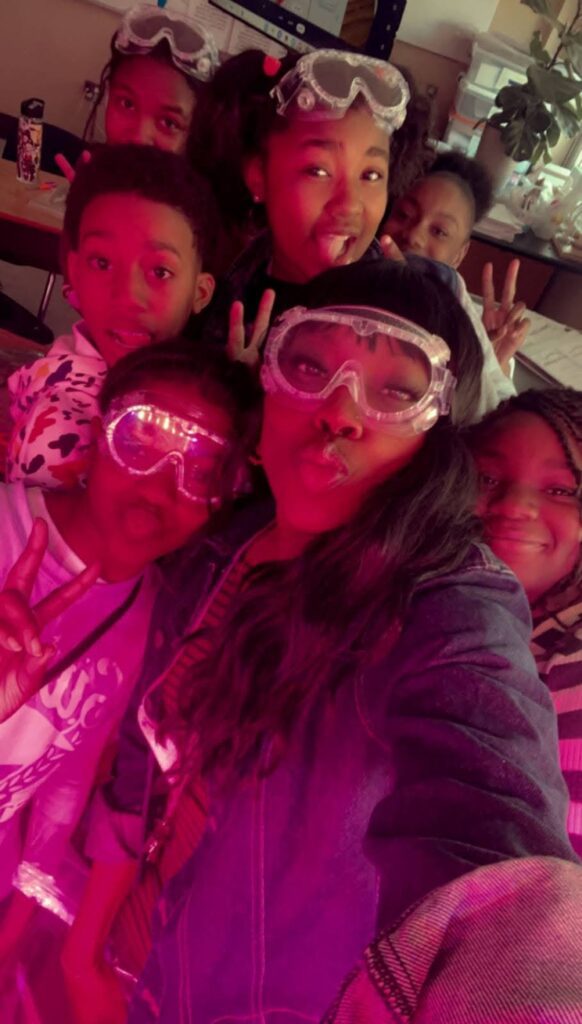
I am not your typical teacher, so everything in my class has to be innovative! In today’s fast-changing environment, giving my students unforgettable experiences and providing them with high-level learning through real-world application is a necessity. Computer science skills have become essential for success in many fields. They equip students with critical problem-solving abilities, data literacy and technological proficiency needed in today’s job market. For Title I school students, who often face resource constraints, equipping them with these skills can open doors to future opportunities. As a seasoned IT professional, I was enthused with the opportunity to present Project STEM to my school district. In partnership with Amazon Future Engineer Program, Project STEM brings together comprehensive materials and extensive support to help you implement engaging middle/early high school CS programs. Students start with basic programming concepts, using platforms like Scratch to create interactive projects. This foundational knowledge builds both confidence and curiosity. My students absolutely love the program, and the first few units truly assisted with building foundational skills and helping cultivate a love for critical thinking and decision-making. What I love most is the confidence and smiles etched on my students’ faces after completing each unit!
Another inspiring partnership involved organizations like Planted Detroit in Detroit, Michigan. Planted Detroit operates as a cutting-edge vertical farming company that uses technology, including coding, to manage and optimize its operations. Workshops led by Planted Detroit staff allow students to see coding in action. They learn how professionals use technology to solve problems and make decisions in real-time. This partnership not only teaches students valuable technical skills but also connects them to real-world applications in sustainable agriculture. By partnering with local schools, Planted Detroit provides students with firsthand experience in how coding is applied in agriculture. This initiative serves as a model for how technology can intersect with sustainability, highlighting the relevance of coding skills in addressing real-world challenges. As students advance, they explore how coding can be applied to monitor plant growth, control environmental conditions, and manage resources efficiently. They might use coding to analyze data collected from sensors in the vertical farm.
This initiative also encourages community involvement, inviting parents, local businesses, and educational institutions to support the program. Collaborations can include mentorship opportunities, internships, and resources for teachers to enhance their coding curriculum. A pivotal aspect of the program is the field trips to organizations like Planted Detroit. Here, students can witness the integration of technology and agriculture firsthand. They can see coding’s impact on efficiency and sustainability, reinforcing their classroom learning with practical applications. These experiences not only inspire students but also build their confidence in pursuing careers in technology and agriculture.
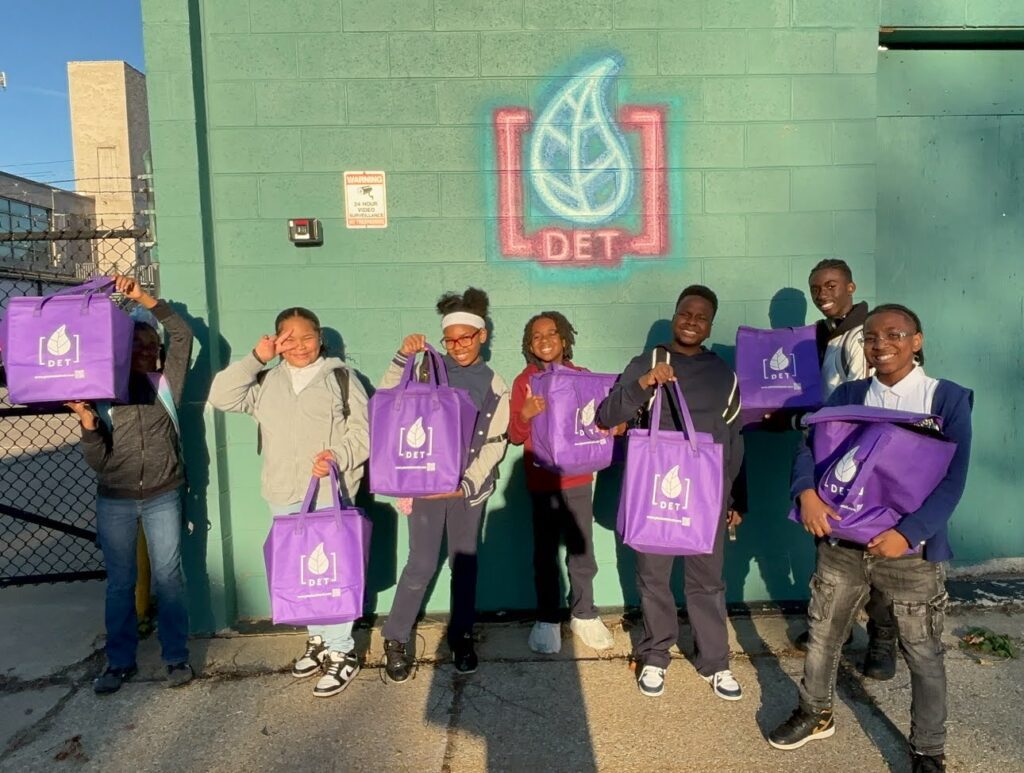
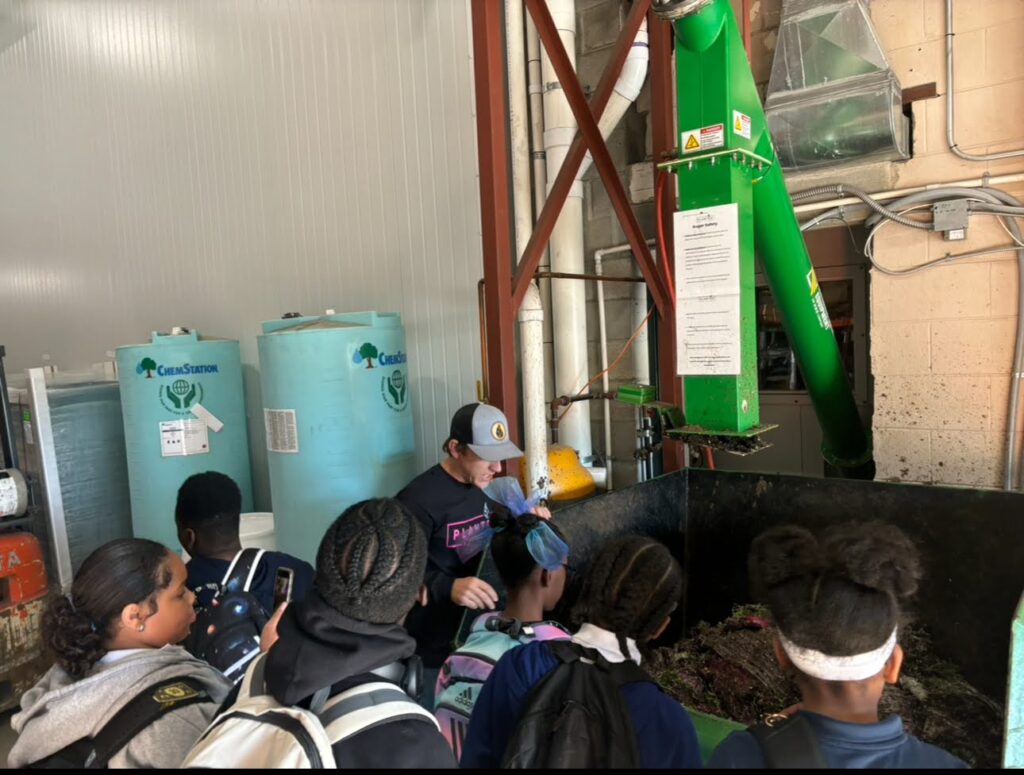
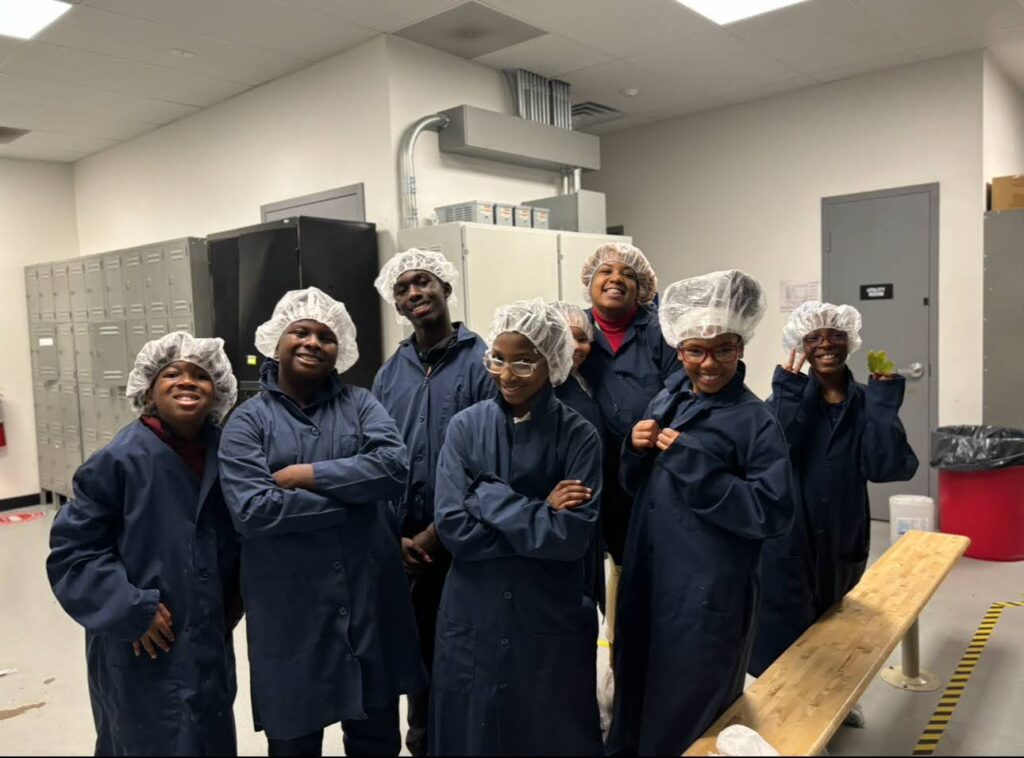
For many students in Title I schools, access to technology and coding education is limited. By introducing computer science into their curriculum, educators can empower these students, fostering critical thinking, problem-solving, and creativity. Learning to code also prepares students for a variety of career paths, enhancing their employability in an increasingly digital world.
Teaching coding and computer science skills to Title I school students offers a unique opportunity to blend education with real-world applications. By empowering these students with essential skills, we not only prepare them for future careers but also cultivate a generation of innovators ready to tackle challenges in sustainable agriculture and beyond. This initiative stands as a testament to the transformative power of education, technology, and community collaboration.
To learn more about Planted Detroit, please visit: https://planteddetroit.com/Interested in launching Project STEM in your school, please email them at: info@projectstem.org or visit, info@projectstem.org.

